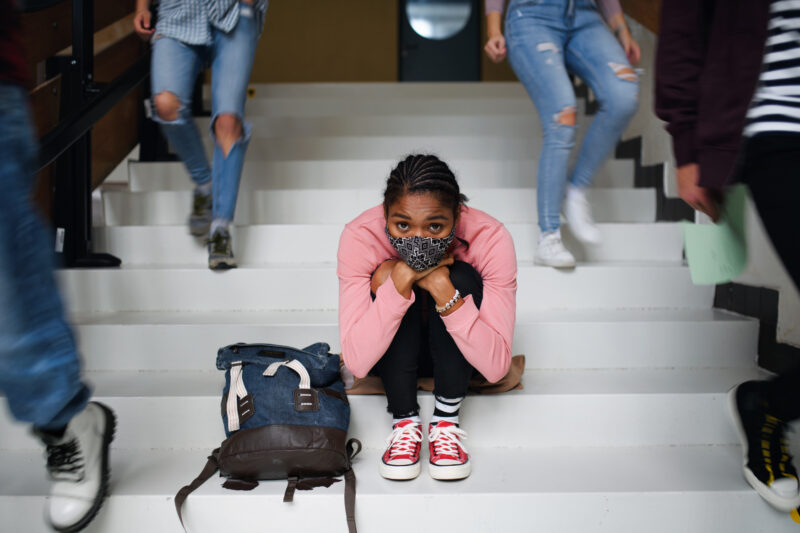In the second installment of BASE Education’s How We Do It webinar series, we speak to BASE partner, Beila Lugo - the Mental Health Coordinator for Charles County Public Schools in La Plata, Maryland. Beila’s primary role as Mental Health Coordinator is to handle both risk and threat assessments, act as a liaison between school counselors and find programs and support for students.
During BASE’s conversation with Beila, we learn about the school district's journey to implementing social emotional learning, their experience with BASE and how SEL has impacted the students that make up Charles County Public Schools.
Charles County Public Schools SEL Journey
With two years of experience in this role, Beila has seen many changes within the school district as it relates to social emotional learning within the district’s schools. Initially, teachers were not providing SEL based instructions in the classroom.
Depending on the school, SEL is taught in different ways. For example, elementary school students receive their SEL lessons at the beginning of school as a way to set the tone for the day. Each school has flexibility and autonomy as to how SEL is taught on a daily basis.
SEL Implementation Hurdles
Beila notes that in the past educators viewed SEL education as a student services support staff's responsibility and that she found it challenging to get both teachers and school administrators to “buy in” on incorporating social emotional learning into daily school curriculum. To alleviate this issue, Beila found administrators at the elementary level, who found immediate value in SEL and mental health teachings to speak to their peers on the impactful benefits it has in schools.
An additional challenge found within high schools is the fact that students have to earn credits for their coursework, which has caused an issue with daily implementation of SEL because it isn't a credit based lesson. Due to that, it is being used on an individualized basis.
As a potential way to combat this issue, Beila has recommended building out an SEL classroom period so students will have a structured amount of time in their school day for these important lessons. With a new superintendent and deputy superintendent who are on board with SEL in schools, Beila feels optimistic about her recommendation coming to fruition.
How COVID Has Increased the Need for SEL
Since the school district's return to in-class education, Beila has noticed students struggling with both transitioning back to life in the classroom and with their workloads. In addition, she notes that students at every age level have grappled with conflict resolution, depression and anxiety. When speaking about the younger students struggling with properly vocalizing their feelings, Beila notes, “they don't have the words to maybe express themselves or the coping skills to be able to express themselves appropriately and manage their emotions.”
To help address this, SEL has been used in different ways. For example, within the district school counselors have used SEL based on need. Beila provides an example of this, “If a student has concerns with truancy, having them work through the truancy course and how their behavior affects not only right now for them, but also their future.” The needs based learning helps students understand how certain behaviors can impact themselves and others.
Hopefully Outcomes Through BASE Usage
While still relatively early in their usage of BASE, Beila has high hopes for the platform and how it can greatly impact not just students' educational career, but their overall wellbeing. “I know we focus very much on instruction and grades and achievement, but also developing long-term skills for their prosocial behavior.”
If you are interested in learning more about BASE, social emotional learning and our How We Do It webinar series, contact us today!



